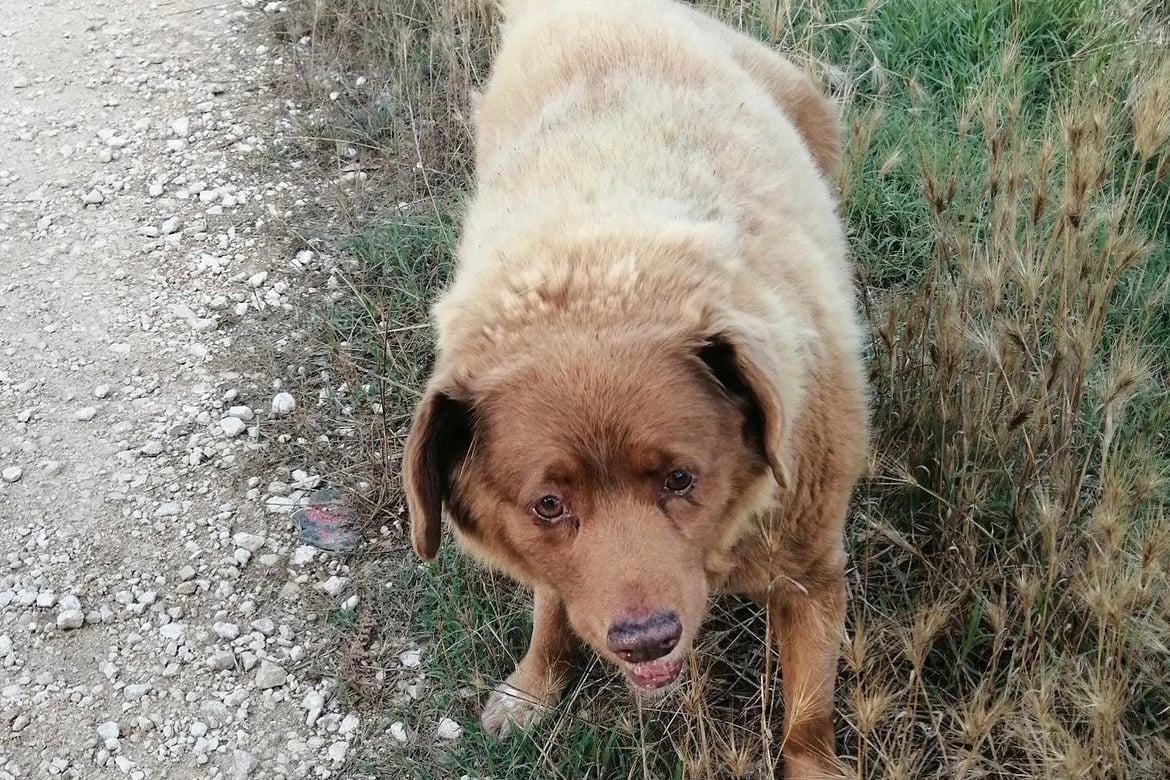
Bobi, the world’s oldest dog, passed away at the age of 31 on October 21 and generated significant global interest in the secrets of his family for his longevity.
+ Videos: there’s nothing cuter than images that bring together dogs and children
+ Videos capture chiropractor fixing dogs’ spines in seconds
+ Check out 5 cleaning tips for homes with dogs and cats
The dog, a purebred Rafeiro do Alentejo, spent his entire life with his loving owner Leonel Costa and his family in the Portuguese village of Conqueiros. According to experts, the average life expectancy for dogs of this breed is 12 to 14 years.
“His lifestyle seems to have provided plenty of opportunity to exercise and explore his peaceful farm and forested surroundings without restriction, helping Bobi to stay physically and mentally well,” said Andrew Knight, a veterinary professor of animal welfare, to The Guardian.
Bobi was fed with human food soaked in water to remove the seasoning, a detail that sparked controversy in the veterinary community and was considered a brilliant example by advocates of raw feeding.
Knight explained that it was possible for dogs to survive on a diet of human leftovers. However, to live a long life, they needed owners who followed a truly healthy diet.
According to experts, the secrets of pet longevity include nutritionally healthy diets and plenty of exercise. Love, attention, socialization, and behavioral training in childhood are also essential, added Knight.
In addition, regular check-ups for vaccination, parasite control, and dental cleaning are also important for dogs to live longer. But good genes also matter: some breeds will inevitably live longer than others.
It is unlikely that giant dog breeds, such as Great Danes, will live beyond seven years of age. Some breeds have a higher risk of cancer, while smaller dogs, especially terrier mixes, often live much longer.

